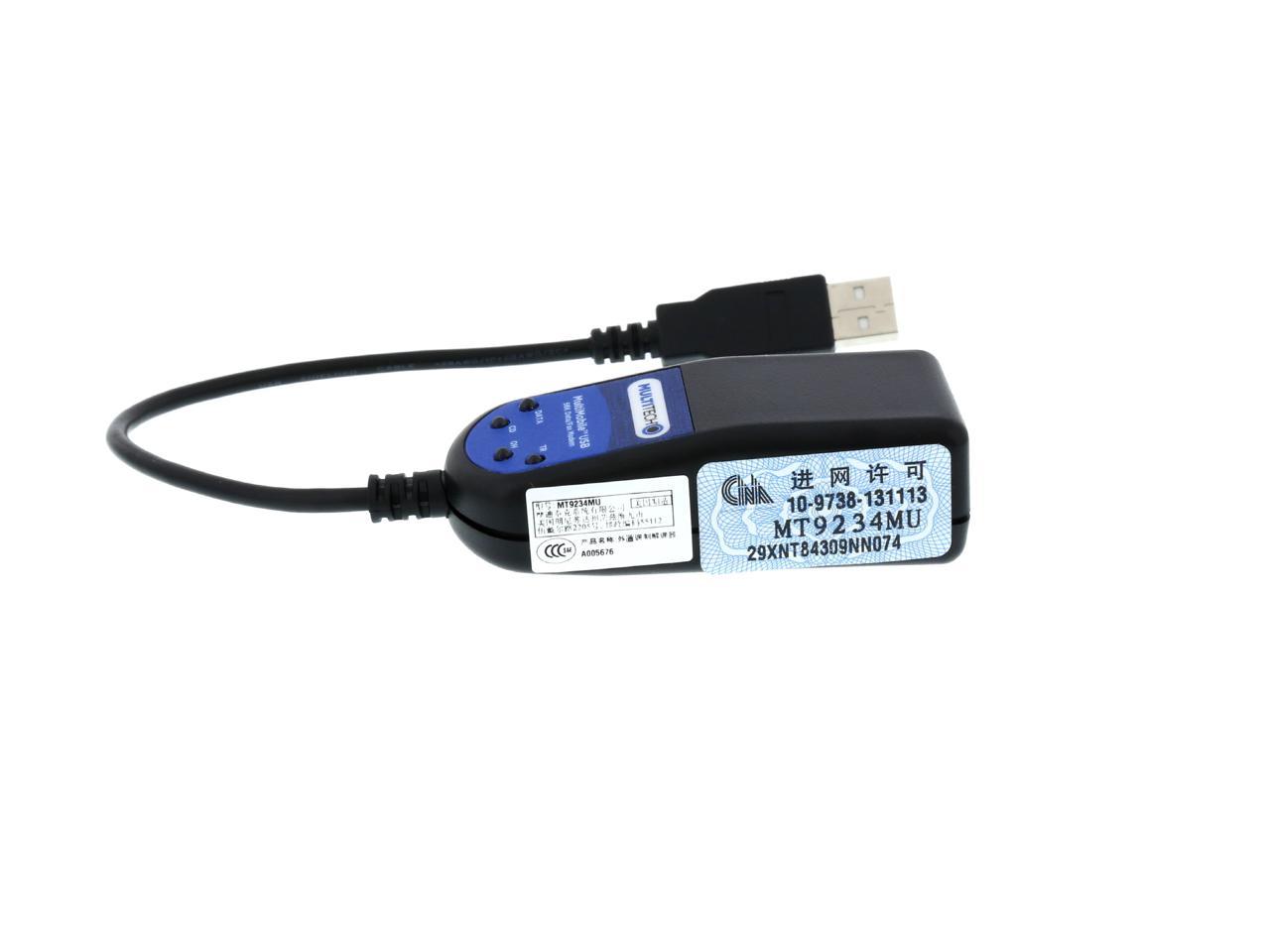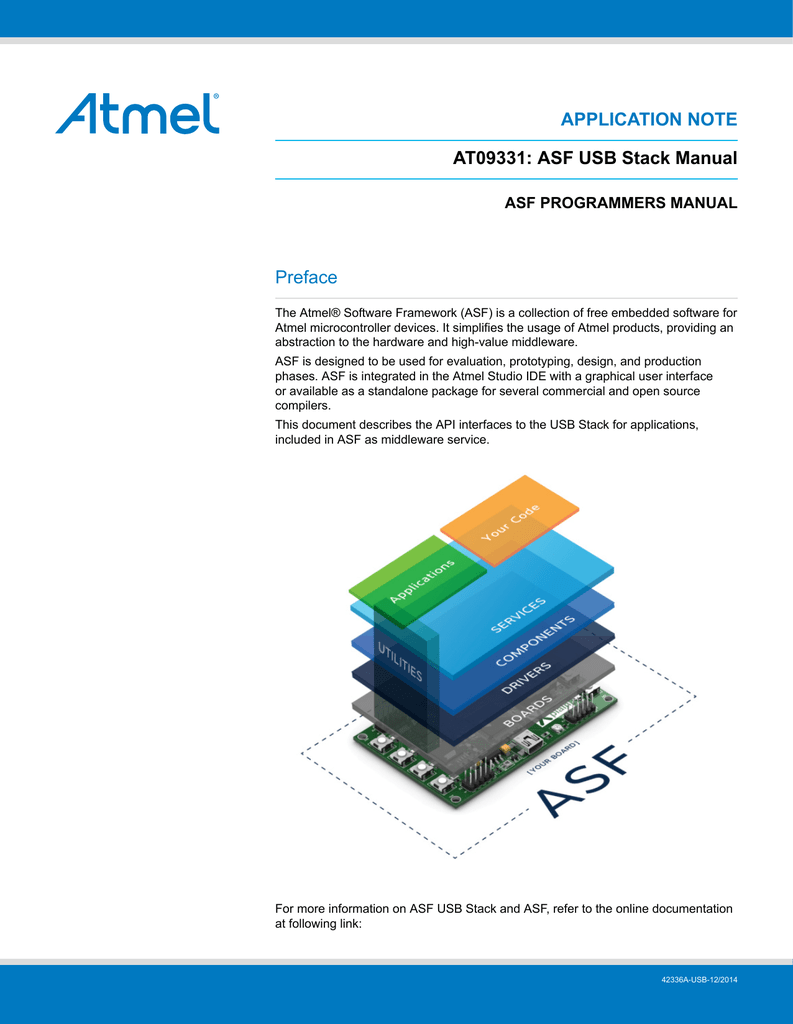

But which one? I'd like to buy something that would work without any special drivers or setup on Linux and OS X, works with avrdude and I'd need to know what I tell avrdude about my programmer. I've actually never seen any tutorial use 'new style wiring' despite that being the default, and I don't quite understand why that would matter anyway, aren't those pins on the ISP header the exact same SPI pins that we'd be connecting to anyway? This whole thing just seems needlessly confusing and I'd actually rather just buy a dedicated ISP to avoid all of this. Inside the ISP sketch are a few options, like the USE_OLD_STYLE_WIRING define. But where do I configure the target that gets the bootloader? For instance, wouldn't this need to set the fuses as well? If I want to use the ATMega328P on my breadboard in an Arduino Uno, it would have to set the right clock source fuse to use the external resonator, while if I wanted to keep in on the breadboard without external clock it shouldn't do that. But the basic idea is to load the 'Arduino ISP' sketch, select board & port as usual, select 'Arduino as ISP' for the programmer, connect power, SPI and reset to the target AVR and then use 'Burn Bootloader'. The process and options seems to have changed quite a bit over the years as several tutorials have very different suggestions. I tried following some tutorials, like this one: First, most of them suggest using the Arduino as the ISP to burn the bootloader. I'm thinking I'd like to do these three steps: - Switch from the Arduino Uno to my own circuit on a breadboard - Replicate what the Arduino IDE is doing with plain C / Makefiles / avr-gcc / avrdude - Switch away from the Arduino libraries and use just the plain AVR SDK, maybe manually bring some parts over I'm already struggling with step No 1.


I read a decent number of articles and tutorials but they seem to leave some questions unanswered or have something seemingly invalid or contradictory in them that I can't quite figure out myself. I have decent bit of Linux C/C++ experience so I think I'll manage the latter, but I'm having some issues with the former.
#Atmel usb cdc acm how to
For the past week or two I've been trying to figure out how to best go from writing sketches in the Arduino IDE with an official Arduino Uno to designing my own circuit on a breadboard and just using plain C / Makefiles / avr-gcc / avrdude.


 0 kommentar(er)
0 kommentar(er)
